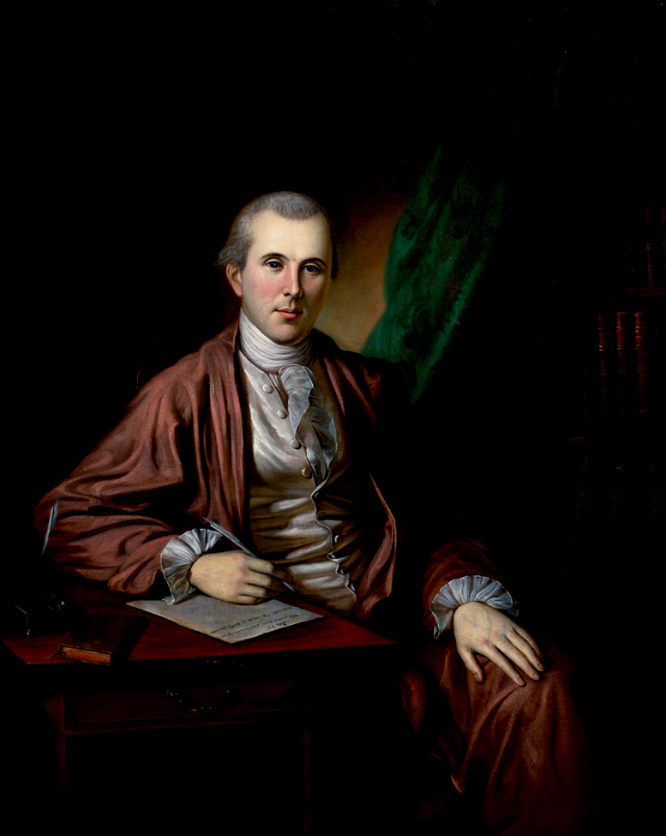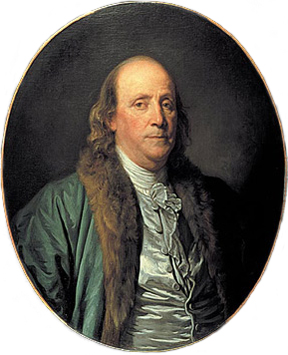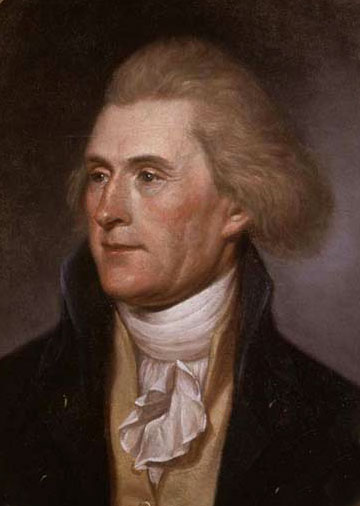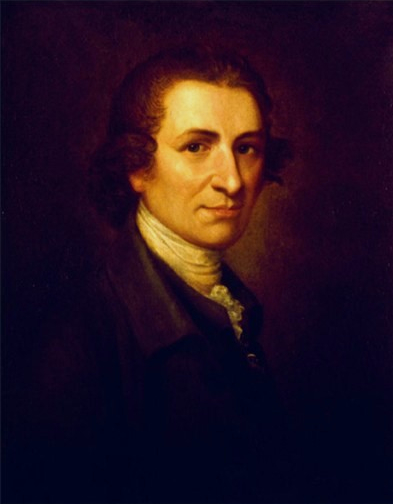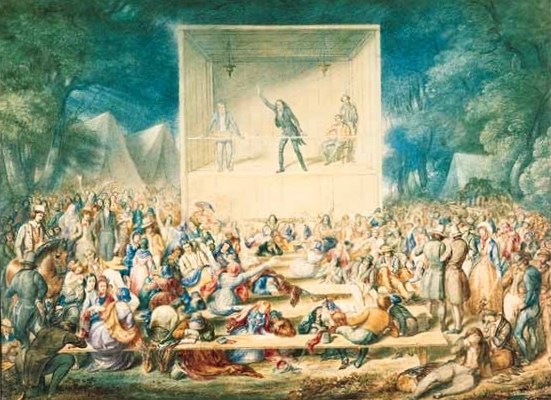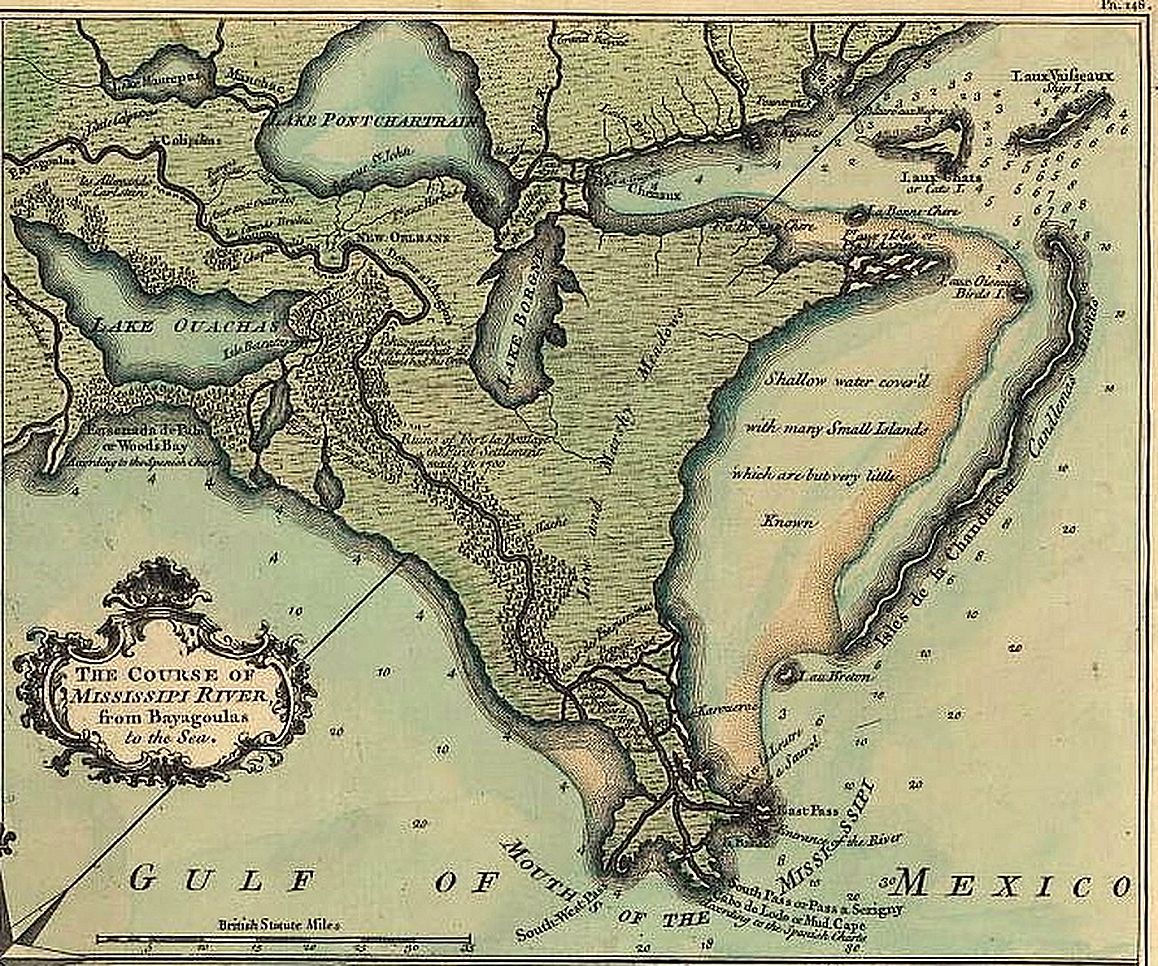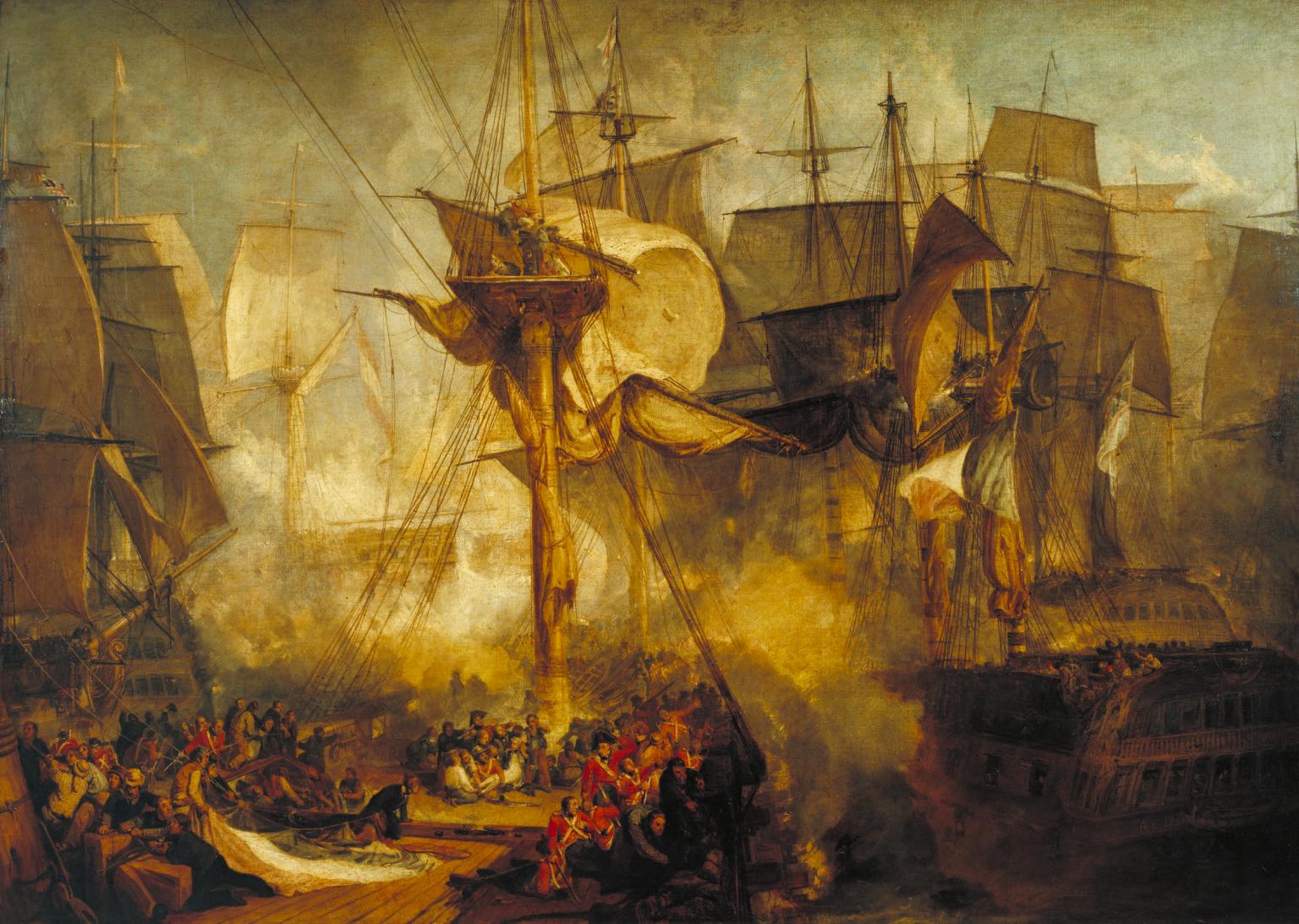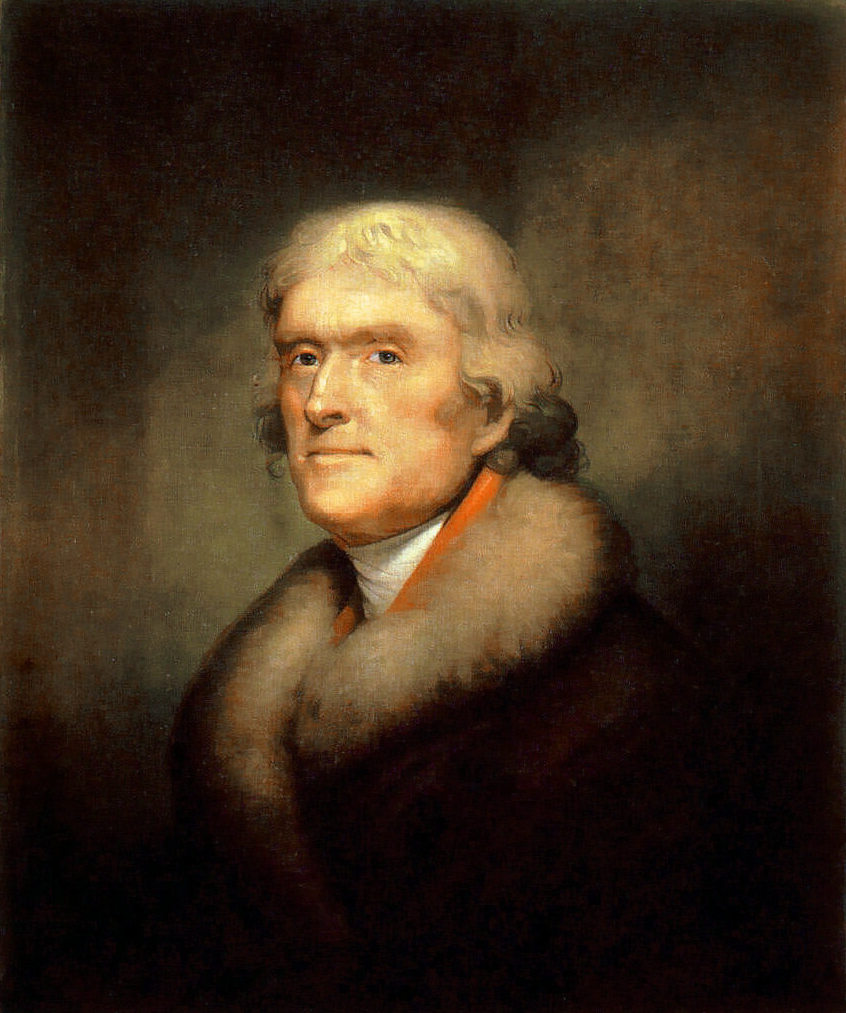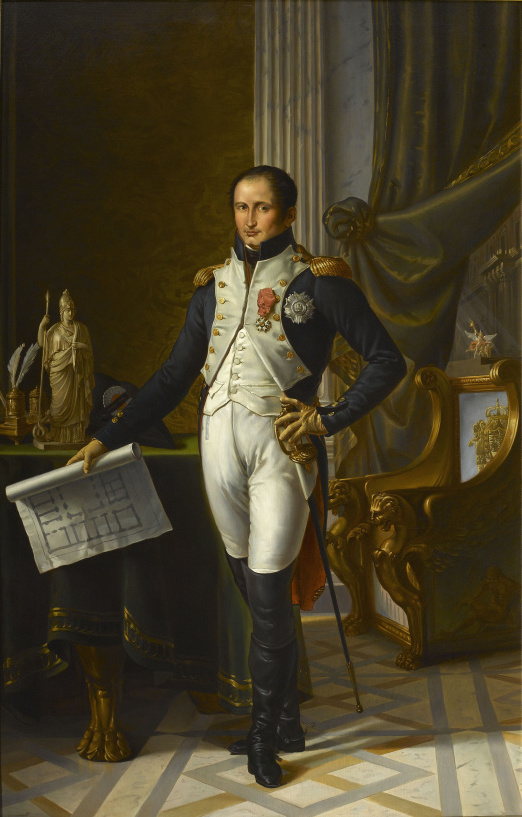Glen, I am really enjoying your TL. I really like the way you pack loads of information into a relatively short update. It makes it easier for those of us with little extra time, to keep up with your prose.
Some interesting things that I note from reading your TL, is the additional immigration that the USA is experiencing in the first decades after independence. I have read in numerous places, that OTLs US had very little little immigration in the first decades following the war. Demographers and historians have basically pegged it at about 6000 new immigrants a year from about 1790 until about 1820. This did not count slaves brought into the US before the slave trade was abolished. However, the dramatic growth in population in the US was due primarily to natural increase. In OTL's British North America, most immigration in the decades before the War of 1812 was from US citizens moving north (IIRC). French immigration to either Quebec or other areas in North America in this time period was also almost non existent. (Louisiana and Quebec's French population had mostly all arrived prior to 1780 - grew from that base by natural increase). So the fact that you have so many additional immigrants coming to North America, and your USA in particular, in the 1790s and early 1800s is a major divergance from actual history. So the implications should be very interesting.
Also, I think the fact that the leading slave state in OTL: Virginia, opted to rebel and become a part of the USA, when their Southern brethern, opted to remain a British possession. In OTL, the Southern states all looked upon Virginia as their leader and generally followed Virginia - in politics, culture, etc. In OTL Virginia had a population of 750,000 in the 1790 census, with more than 35% slaves. While I understand your TL's analysis that many slaveowners in the new US, either moved down South or sold their slaves down South, I am not sure you explained what I believe would have been a wholesale change in the demographics and culture of Virginia as a result. Frankly, I think much of Virginia's landed slaveowning gentry would have moved lock stock and barrell to the Southern Colonies, and this process would have begun soon after it became apparent that Virginia would follow the lead of the US in abolishing slavery - I am sure sometime prior to the writing of the Constitution. This would be the only way, Virginia would have approved the Constitution (much of the slaveowning political powers had left and non slaveowning political powers had taken their place). But with so many thousands of people leaving Virginia in the 1780s and 1790s, places like Georgia, East and West Florida, and colonies in the Caribbean would have grown that much faster. (NC and SC not so much, since they were both already well populated and the good lands already taken). And perhaps more importantly, the Southern colonies become an entrenched slaveocracy that much earlier than OTL (I would argue that in OTL both Georgia and NC were neither slave entrenched societies. Of Geogia became one as the entire Deep South and Mississippi delta regions were colonized). I can see huge implications when Britain looks to start abolishing slavery in a few decades.
Some interesting things that I note from reading your TL, is the additional immigration that the USA is experiencing in the first decades after independence. I have read in numerous places, that OTLs US had very little little immigration in the first decades following the war. Demographers and historians have basically pegged it at about 6000 new immigrants a year from about 1790 until about 1820. This did not count slaves brought into the US before the slave trade was abolished. However, the dramatic growth in population in the US was due primarily to natural increase. In OTL's British North America, most immigration in the decades before the War of 1812 was from US citizens moving north (IIRC). French immigration to either Quebec or other areas in North America in this time period was also almost non existent. (Louisiana and Quebec's French population had mostly all arrived prior to 1780 - grew from that base by natural increase). So the fact that you have so many additional immigrants coming to North America, and your USA in particular, in the 1790s and early 1800s is a major divergance from actual history. So the implications should be very interesting.
Also, I think the fact that the leading slave state in OTL: Virginia, opted to rebel and become a part of the USA, when their Southern brethern, opted to remain a British possession. In OTL, the Southern states all looked upon Virginia as their leader and generally followed Virginia - in politics, culture, etc. In OTL Virginia had a population of 750,000 in the 1790 census, with more than 35% slaves. While I understand your TL's analysis that many slaveowners in the new US, either moved down South or sold their slaves down South, I am not sure you explained what I believe would have been a wholesale change in the demographics and culture of Virginia as a result. Frankly, I think much of Virginia's landed slaveowning gentry would have moved lock stock and barrell to the Southern Colonies, and this process would have begun soon after it became apparent that Virginia would follow the lead of the US in abolishing slavery - I am sure sometime prior to the writing of the Constitution. This would be the only way, Virginia would have approved the Constitution (much of the slaveowning political powers had left and non slaveowning political powers had taken their place). But with so many thousands of people leaving Virginia in the 1780s and 1790s, places like Georgia, East and West Florida, and colonies in the Caribbean would have grown that much faster. (NC and SC not so much, since they were both already well populated and the good lands already taken). And perhaps more importantly, the Southern colonies become an entrenched slaveocracy that much earlier than OTL (I would argue that in OTL both Georgia and NC were neither slave entrenched societies. Of Geogia became one as the entire Deep South and Mississippi delta regions were colonized). I can see huge implications when Britain looks to start abolishing slavery in a few decades.

